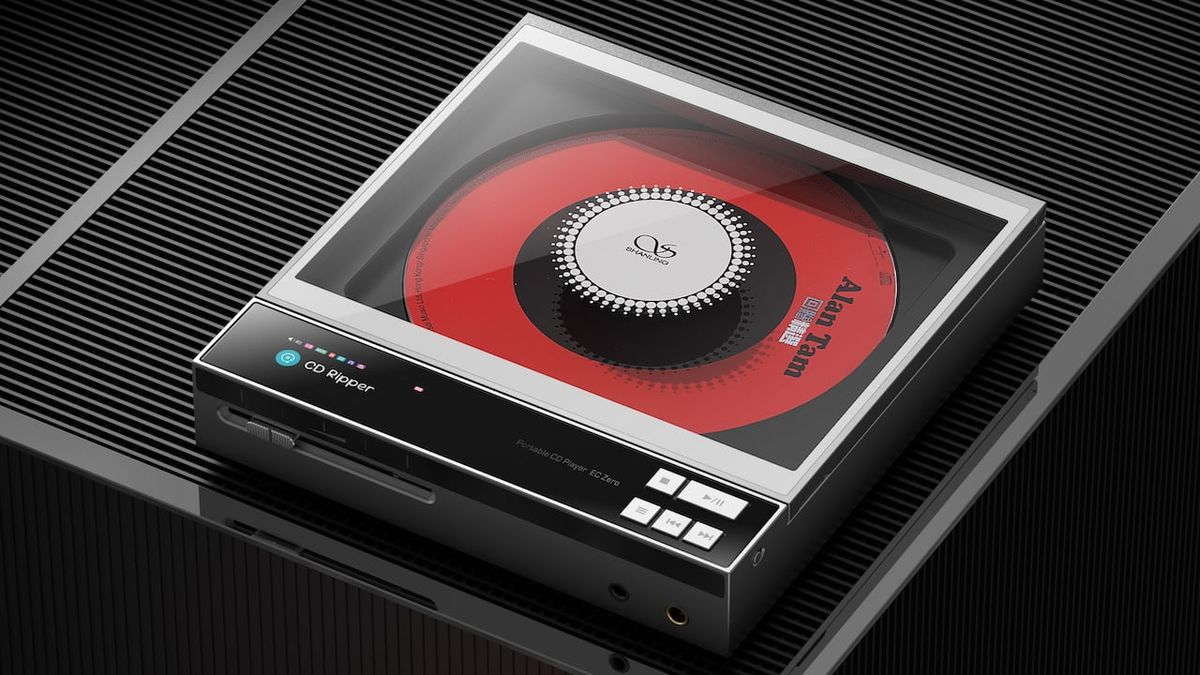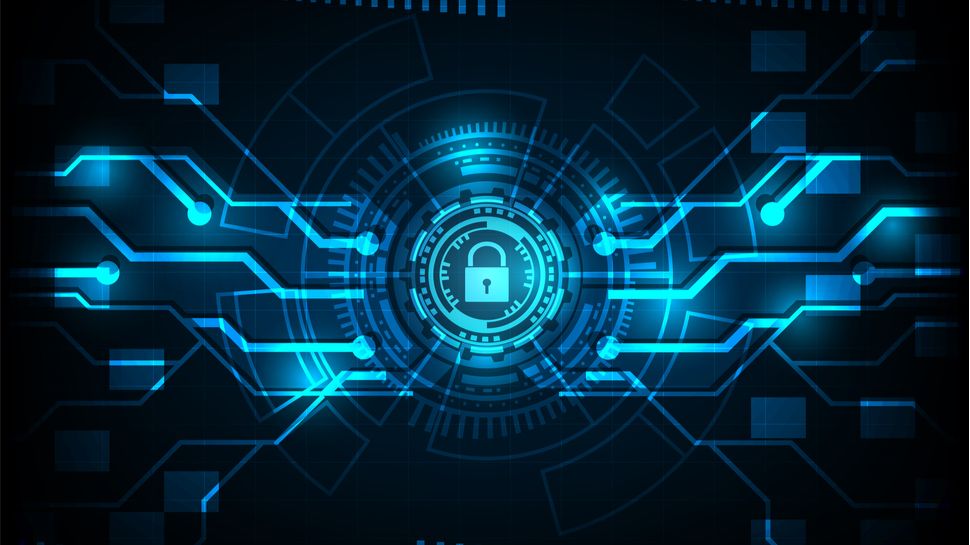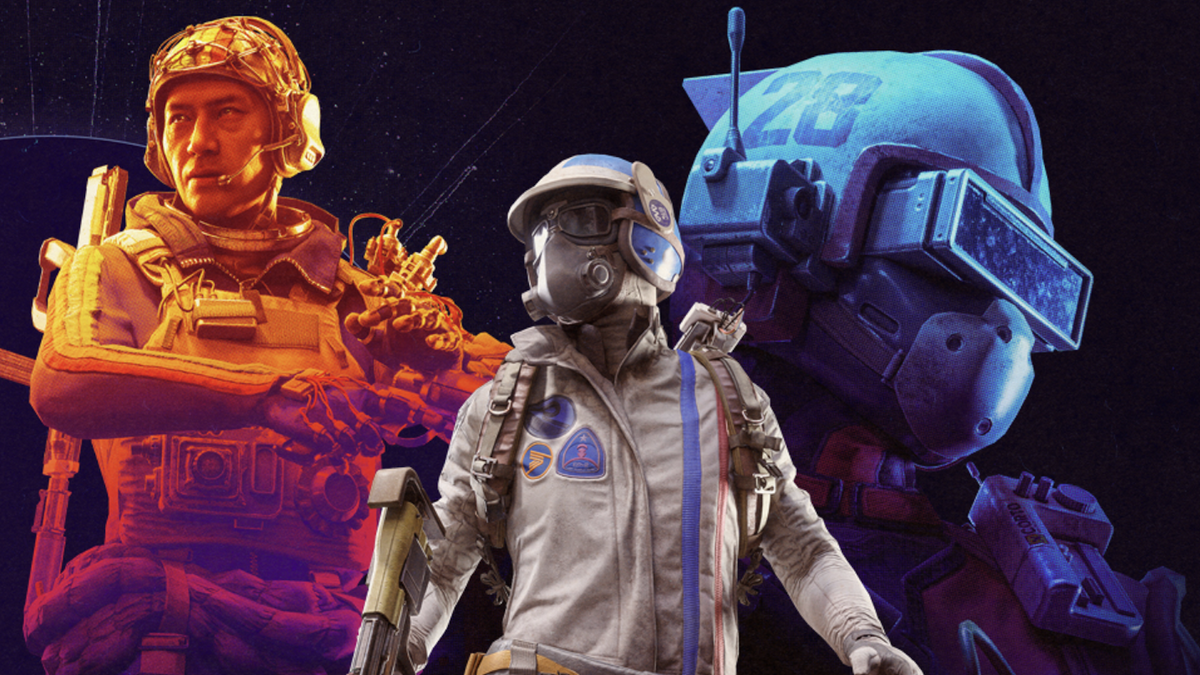A Japanese trade organization that includes heavy-hitting media creators like Studio Ghibli, Square Enix, and Bandai just announced that it sent a letter to OpenAI dated October 28 concerning alleged copyright violations.
The letter includes some observations about the similarity of Sora 2 videos to “Japanese content,” and issues two requests: It asks OpenAI not to use CODA content as training data without prior permission, and requests that OpenAI “responds sincerely” when a CODA member complains about copyright issues.
Notably absent are anything like “demands” of “immediate action,” or any sort of direct legal threats.
Sora 2, OpenAI’s top-of-the line text-to-video model was released in late September, and anyone with an interest in AI watched in a mix of amazement and disgust as copyright hell was unleashed immediately. That included a great deal of content that looked a lot like Japanese media properties like Pokemon, Hideo Kojima’s video game universes, and some unspecified Studio Ghibli production.
The framing of the alleged infringement is different in tone and approach than most American copyright claims. The similarity between Sora 2 and Japanese images and video “is the result of using Japanese content as machine learning data,” CODA says. When such content is the output, “CODA considers that the act of replication during the machine learning process may constitute copyright infringement.”
Japan’s Copyright Act has a potentially relevant section on AI called Article 30-4 that may shed some light on CODA’s logic, and its reason for starting with such a gentle approach to achieving redress—namely that Japan is a permissive legal environment for this sort of thing. According to a government fact sheet on the law, “exploitation for non-enjoyment purposes” such as “AI development or other forms of data analysis may, in principle, be allowed without the permission of the copyright holder.”
CODA, however, says that in Japan, “prior permission is generally required for the use of copyrighted works, and there is no system allowing one to avoid liability for infringement through subsequent objections.”









 English (US) ·
English (US) ·